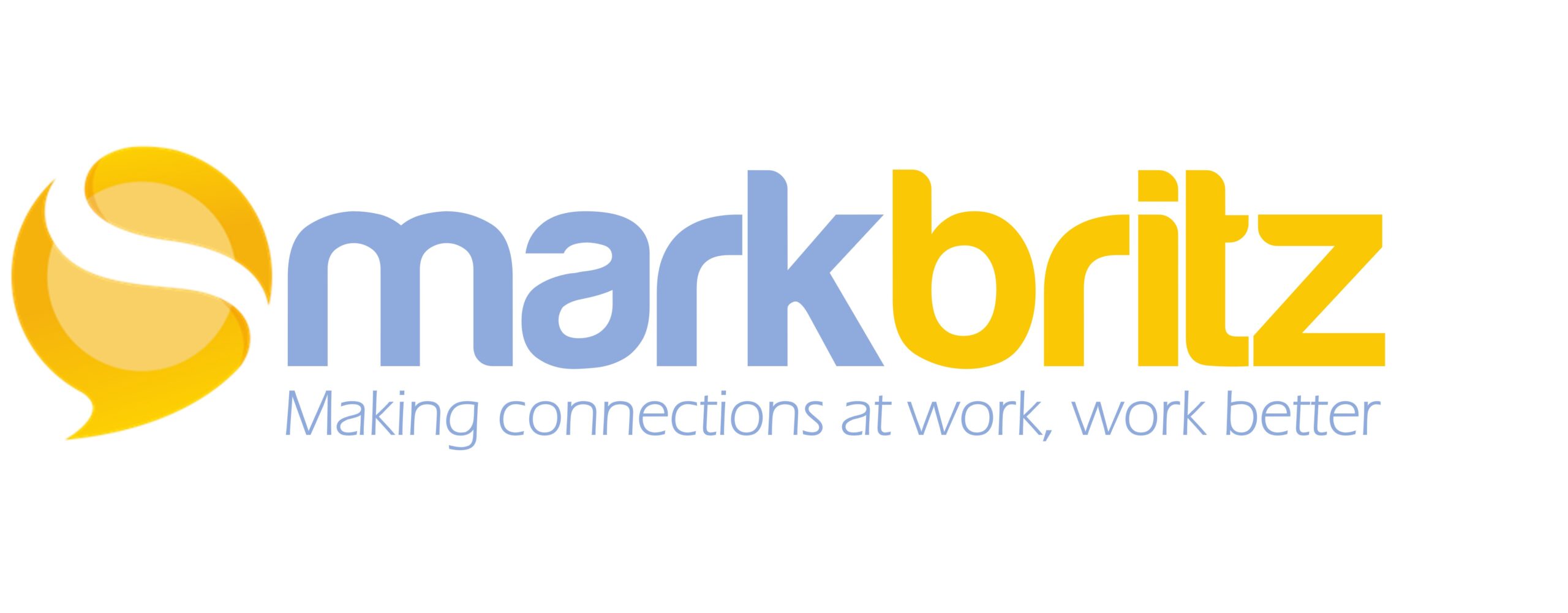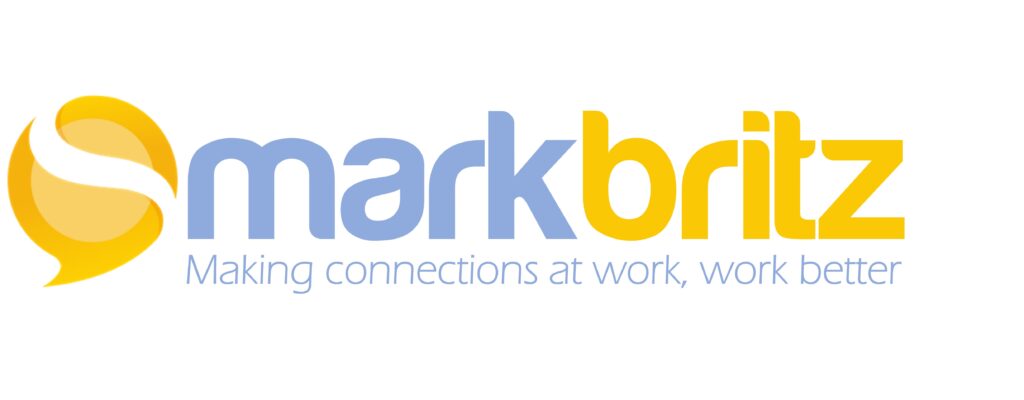It was the best of times, it was the worst of times, it was the age of wisdom, it was the age of foolishness. – Charles Dickens
Social has come a long way, the notion of its importance in business reborn through works like the Agile Manifesto and Cluetrain over 15 years ago and propelled first by Web 2.0 and then through enterprise social technology. But there now appears to be a division of direction.
On one hand social and social technology can extend and expand human interactions like nothing else. It can transform business from the industrial models, and change the very nature of work. Yet today much of the technology (and the vendors building and promoting it) may just be  helping business be a faster, a more effective business as usual. Simply, enterprise social is supporting today’s work, not creating tomorrows’.
helping business be a faster, a more effective business as usual. Simply, enterprise social is supporting today’s work, not creating tomorrows’.
Wasn’t there supposed to be more?
Social Has Gone Corporate More Than Corporate Has Gone Social
Early social brought diverse people, groups and ideas together. The tools were simple and allowed people to be creative with their use and that was often the draw; autonomy and creativity. This however was not what business was buying, even though it is just what they needed for the innovation they sought.
The reality is that conversation and idea sharing are messy things, difficult to guide and even more difficult to measure. Vendors either couldn’t articulate this or they didn’t bother since it didn’t fit into the purchaser’s mindsets and models anyway.
Goodbye Connection, Hello Collaboration!
Collaboration became king to the point today that many wrongly see “social”and “collaboration” as identical. Collaboration in itself isn’t a bad thing, what is though is having collaboration become expected rather than encouraged. The command and control message within the social technology medium is this:
“We bought this platform, now go use it.”
To appease leaders, and to better ensure the tool fit measures of success (i.e. ROI), vendors focused on dashboards, and monitoring and measurement were promoted mostly for tracking the most frivolous of activity.
The Rise of Chat
The growing use of chat and chat platforms today is an indicator of this “social” conformity. Chat doesn’t scale. Chat won’t get you to transform. Transformation takes much wider connection and collaboration. Business loves chat; it’s about team-work not net-work; it’s about supporting how work gets done today… in silos. Again, faster, more efficient business as usual.
The User is the Loser
Another sign of stagnation is the emphasis on the terminal goal of user adoption and not work adaptation (the measures mentioned before support this). Of course using a social tool is a step forward, so too is working out loud (a collaboration invitation) but adapting work in a social environment is what can change the very essence of the work being done, where power and authority reside and therefore alter the organization itself – the true promise of social.
Yes, we should be disappointed at the state of enterprise social but not surprised. Change is rarely revolutionary and business is business after all, with the goal of most being to win the game and far fewer out to change it. All is not lost however…
We need new skills not new features. We need more understanding and growth in Personal Knowledge Management (PKM) and new organizational structures for learning and working like 702010 frameworks to not merely influence but alter the systems that currently bind us. For these, look no further than the work of Harold Jarche (Personal Knowledge Mastery) and Charles Jennings (702010) for details on explaining individual and organizational approaches.
Ultimately the minority that believe and embrace the power of social to upend the 20th century systems are those that will conform to social, and not work to conform it (to their current models). It will take some very special people in leadership roles and not special technology; People that can cast aside the very systems that enabled them to become the decision-makers today, those who really know that what got us here, won’t get us there.


